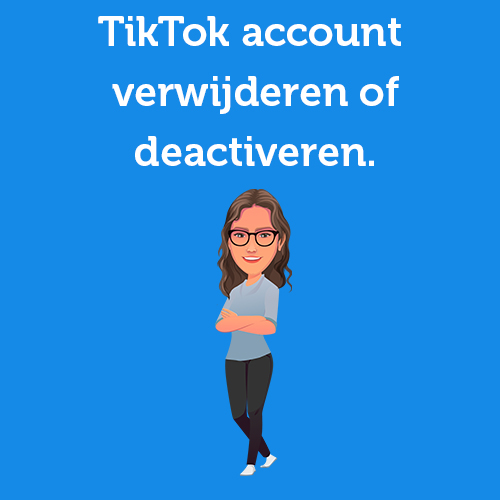Menu
Table of contents
The smoke (from the fireworks) cleared.
We slept our hangovers off again and wished each other all the best for this year.
By now you can be found in the gym again in the evening to work off the fat from those few extra oliebollen and while running on the treadmill you think, "Gee, how would it be with the social media market share in the Netherlands and Europe?
Well, we looked at that again and so you can just find the answer here again.
Netherlands
| Netherlands | September 2019 | December 2019 |
| 62,86% | 49,02% | |
| 21,50% | 29,98% | |
| 7,61% | 10,12% | |
| 3,35% | 6,37% | |
| Youtube | 2,43% | 2,53% |
Facebook experienced a relatively stable year with a market share that oscillated between 57% and 63%, but this is changing significantly at the end: the platform has been losing significant market share for several months in a row, losing as much as 13% and falling below 50% for the first time in a very long time.
Instead of using Facebook, we apparently searched en masse for yummy Christmas recipes on Pinterest, kept up to date with the news via Twitter while visiting family and put all the pictures of it on Instagram.
Indeed, advertisers chose to spend heavily on Pinterest, Twitter and Instagram, ending those platforms' social media market share the same way 2019 ended: with a big bang.
Are we witnessing here the first hairline cracks in Facebook's reign when it comes to social media market share?
To do that, let's first look at the bigger picture: Europe.
Europe
| Europe | September 2019 | December 2019 |
| 80,33% | 72,05% | |
| 8,31% | 8,81%% | |
| 5,44% | 9,91% | |
| 2,45% | 6,76% | |
| Youtube | 1,81% | 1,87% |
The same trend also follows across Europe, with Facebook losing a fat 10% and the other channels gaining some, although Pinterest and Youtube's increase is minimal.
In contrast, Twitter and Instagram's increases are noteworthy, with the latter even nearly tripling.
Could Instagram then deliver on its promise as one of the new, most popular social media channels in 2020?
For that, let's look at the countries around us.
Germany
| Germany | September 2019 | December 2019 |
| 70,94% | 57,45% | |
| 14,74% | 19,53% | |
| 5,75% | 9,08% | |
| 2,46% | 8,05% | |
| Youtube | 3,69% | 3,94% |
Compared to the Netherlands and all of Europe, there is nothing new under the sun in Germany in terms of changes in social media market share.
Facebook once again yields thickly, with the other platforms gaining.
Big winner?
Instagram.
With a relative gain of 327% (to put a number on it), it is by far the most interesting riser, although the changes in market share of Pinterest and Twitter are also noteworthy.
Belgium
| Belgium | September 2019 | December 2019 |
| 67,42% | 56,28% | |
| 22,56% | 27,71% | |
| 4,11% | 7,11% | |
| 2,22% | 5,49% | |
| Youtube | 2,20% | 2,20% |
Facebook is also losing 11% market share in Belgium, which is nicely split between Pinterest, Twitter and Instagram at 5%, 3% and 3% respectively.
And although Youtube still surged in the months of October and November, it ends up with exactly the same social media market share as three months ago.
Stable in any case.
That's all we can say about it.
Conclusion
With Nov. 11, St. Nicholas, Black Friday and Christmas, Q4 is traditionally the quarter when many companies are scaling up their social media budgets to attract as many customers as possible.
In doing so, they send one clear message: Facebook is done.
At least for 2019, because we never know what Mark Zuckerberg will pull out of the top hat to regain that social media market share in 2020.
Furthermore, many businesses also seem to have found their way to Instagram, allowing the visual set platform (which, by the way, also belongs to Facebook) to slowly but surely play a meaningful role in the social media landscape.
Developments at Pinterest and Twitter are also to keep an eye on.
And so we will certainly do so again in 2020.
See you then!
Source: gs.statcounter.com











Written by: Daniel Kuipers
Daniel is the founder of Online Marketing Agency. He constantly scours the Internet for the latest gadgets and tactics and blogs about them in understandable language. Well, sometimes.